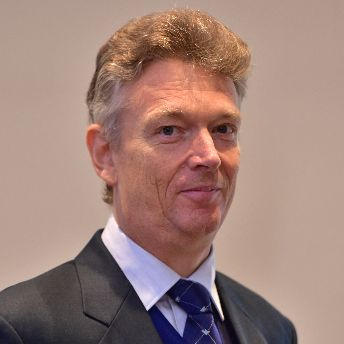Fiw Topics
- Climate Change
- Investment & Funding for Impact
FIW Year
- 2024
Transcripts:
Summary + Key Insights
Multilateral climate funds often bypass vulnerable communities; inclusive finance can bridge this gap to enhance adaptation efforts.
- 🌐 Access to Climate Funds: Many community organizations struggle to access funds due to stringent requirements and lack of awareness about available resources. Simplifying these processes is essential for effective fund distribution.
- 💶 Role of Inclusive Finance: Inclusive financial service providers can empower vulnerable communities by offering tailored financial products, ensuring that adaptation measures are accessible to those who need them most.
- 📈 Urgency for Adaptation Funding: With adaptation finance needs projected to exceed public flows significantly, innovative funding mechanisms must be developed to meet this gap.
- 🔄 Blended Finance Opportunities: Utilizing blended finance strategies can mobilize private sector investment, making it crucial to create incentives that reduce perceived risks associated with lending to vulnerable populations.
- 🏘️ Community-Centered Approaches: Local knowledge and community-driven solutions are vital for effective climate adaptation. Empowering local organizations enhances resilience and leads to more sustainable outcomes.
- 📊 Gender and Inclusion: Less than 30% of funded projects consider gender intentionality, indicating a need for more inclusive financial products that address the specific needs of women and marginalized groups.
- 🔍 Long-Term Investment Strategies: Developing long-term financial products is necessary for effective climate adaptation, as many current offerings do not align with the extended timelines required for resilient planning and implementation.
This session summary was AI-generated using NoteGPT.
Climate change is hitting the Global South hard, with local communities bearing the brunt of its impact. Despite billions of dollars allocated to climate finance, these funds often don’t reach the people who need them most.
In this engaging session, we’ll explore how inclusive financial service providers (IFSPs) can bridge this gap. By leveraging IFSPs, we can unlock private sector investment, expand funding, and improve access to insurance for climate-vulnerable communities. However, these financial institutions face challenges—remote locations, high risks, and limited understanding of local climate threats.
How can we overcome these barriers and ensure that communities receive the resources to build resilience? Join us to discover new ways to connect formal financial services with community-based solutions and make climate funds work for those on the frontlines.




